Life
Sign up for our newsletter
We summarize the week's scientific breakthroughs every Thursday.
-
 Genetics
GeneticsCancer variants found in ‘neglected’ region of genome
Mutations outside of genes associated with disease in study using data from a thousand people.
-

-
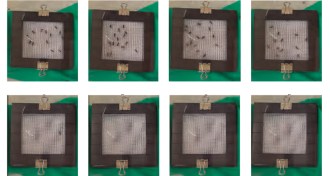 Neuroscience
NeuroscienceSome grape-scented compounds repel mosquitoes
Molecules discovered to drive away bugs after researchers identify cells that detect, and are disgusted by, DEET.
-
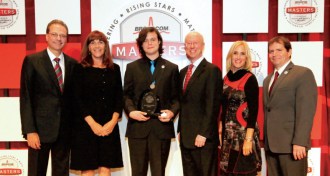 Animals
AnimalsTortoise-studying teen takes top Broadcom prize
Even a tortoise enthusiast can speed through a three-day gauntlet of science, engineering and math challenges to claim victory. River Grace, 14, of West Melbourne, Fla., did just that. At an awards ceremony October 1, he picked up the top award of $25,000. The teen was one of 30 finalists from 17 states who attended the third annual Broadcom Math, Applied Science, Technology and Engineering for Rising Stars, or MASTERS, competition.
By Science News -
 Plants
PlantsTiny fossils set record for oldest flowerlike pollen
Oldest flowerlike pollen might have come from an ancient relative of today’s flowering plants.
By Susan Milius -
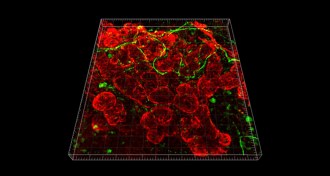 Life
LifeEngineered salivary glands keep juices flowing
Organs grown in a lab dish do their job when transplanted into mice.
-
 Animals
AnimalsThe giraffes that sailed to medieval China
Chinese exploration of the world is often left out of Western textbooks (at least it was left out of mine), but for a brief period, from 1405 to 1433, the Chinese under Ming emperor Yongle sent out numerous trade missions that reached as far as present-day Kenya. During the fourth expedition, which left China in 1413, part of the fleet led by commander Zheng He sailed to Bengal in India, where in 1414 they met envoys from the African coastal state of Malindi (now part of Kenya). The men from Malindi had brought with them as tribute giraffes, and they gave one of those giraffes to the Chinese, who took it home.
-
 Microbes
MicrobesMicrobes signal deceased’s time of death
In a study using mice, germs accompany the body’s decay in a consistent time sequence.
-
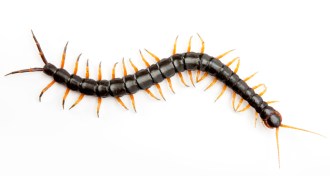 Animals
AnimalsCentipede venom fights pain
Molecule from toxin makes mice less sensitive to pain, may work as well as morphine.
-
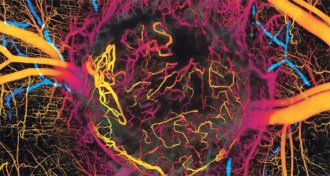 Life
LifeDangerous Digs
By properly managing a tumor cell’s microenvironment, cancer researchers are making cancer something people live with, not die from.
-
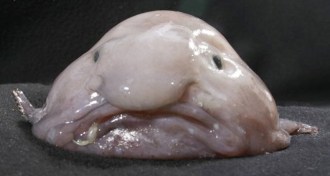
-
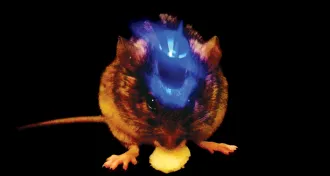 Neuroscience
NeuroscienceAn on-off switch for eating
By triggering or silencing certain brain cells, scientists can get mice to feed or stop feeding regardless of hunger.